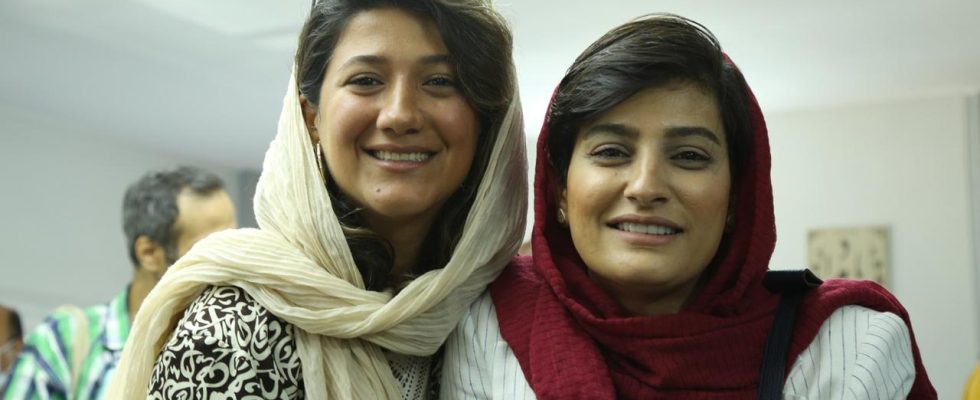You had reported on the death of the young Kurdish woman Amini in Iran – then the journalists Mohammadi and Hamedi were arrested. The trials begin behind closed doors and before a notorious court.
In Iran, the first of the trials of two journalists arrested during the protests has begun. The first day of the trial against journalist Elaheh Mohammadi from the newspaper “Hammihan” took place behind closed doors, the newspaper reported.
The trial against her colleague Nilufar Hamedi is scheduled to begin on Tuesday. More than eight months ago, the 30-year-old and Mohammadi were one of the first to report on the death of the young Kurd Jina Mahsa Amini for the Shargh newspaper. Amini, arrested by Iran’s notorious moral police, died in police custody in mid-September. Her death triggered the worst protests in Iran in decades.
Accusation: propaganda against the state
Just six days after Amini’s death, security forces searched Hamedi’s apartment and arrested her. Mohammadi also reported on the Kurd, traveled to her hometown of Saghes and wrote about the funeral. A week after Hamedi, she was also arrested. Relatives of the two hoped in vain for a speedy release.
The secret service describes the journalists as “foreign agents” and accuses them of propaganda against the state. Both media vehemently reject the allegations against their employees.
Trial before notorious court
Media representatives across the country had demanded that the trials take place in public. There is concern that the women face harsh punishment behind closed doors. Mohammadi’s lawyer Schahab Mirlohi now spoke of a positive course after the start of the process, as reported by the ILNA news agency
The case is being heard before a notorious revolutionary court in Tehran, whose presiding judge, Abolghassem Salawati, is known for particularly harsh judgments. As part of the recent wave of protests, Salawati has passed several death sentences on demonstrators.
A look at data from the Committee for the Protection of Journalists (CPJ) in New York shows how vehemently the Iranian state took action against media workers during the protests. Almost 100 media representatives were arrested, many of whom have since been released on bail. Family members were also put under pressure.

